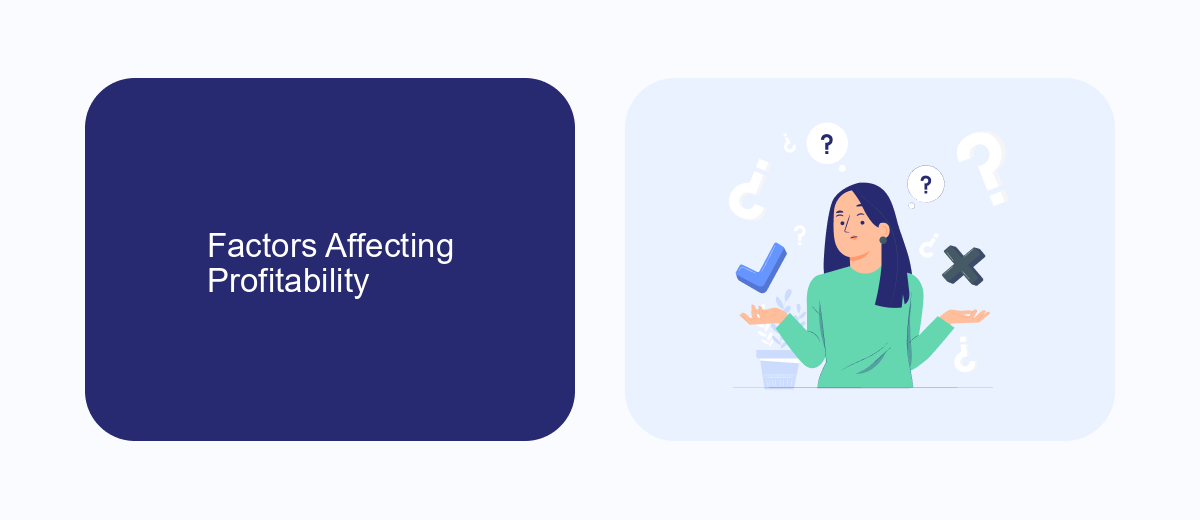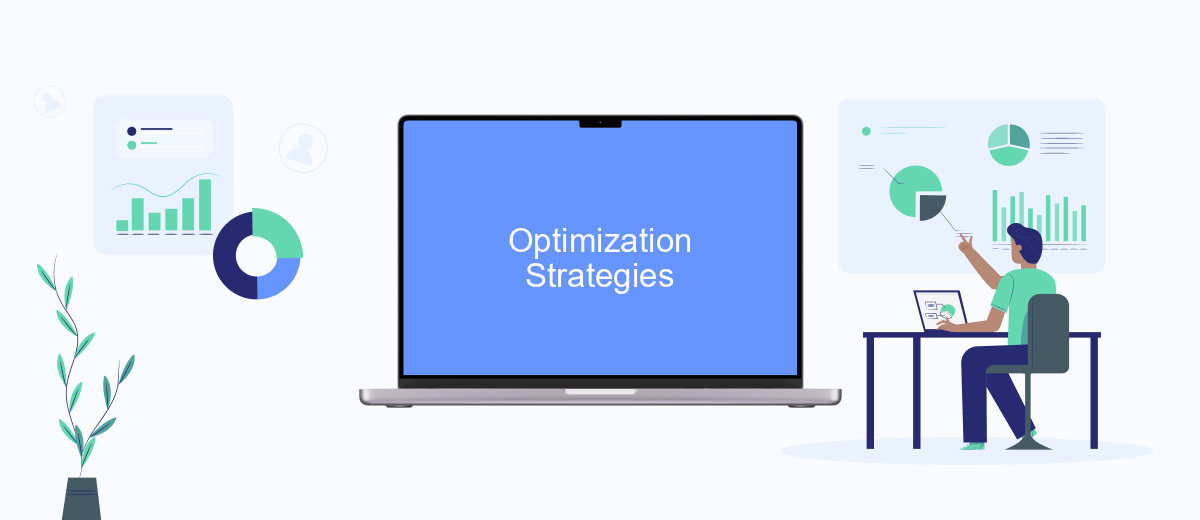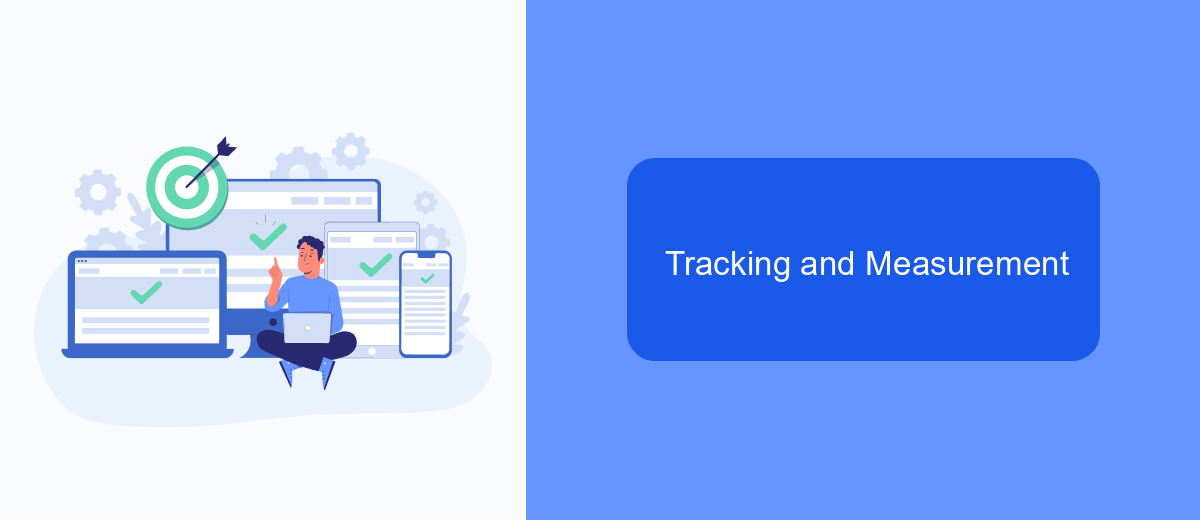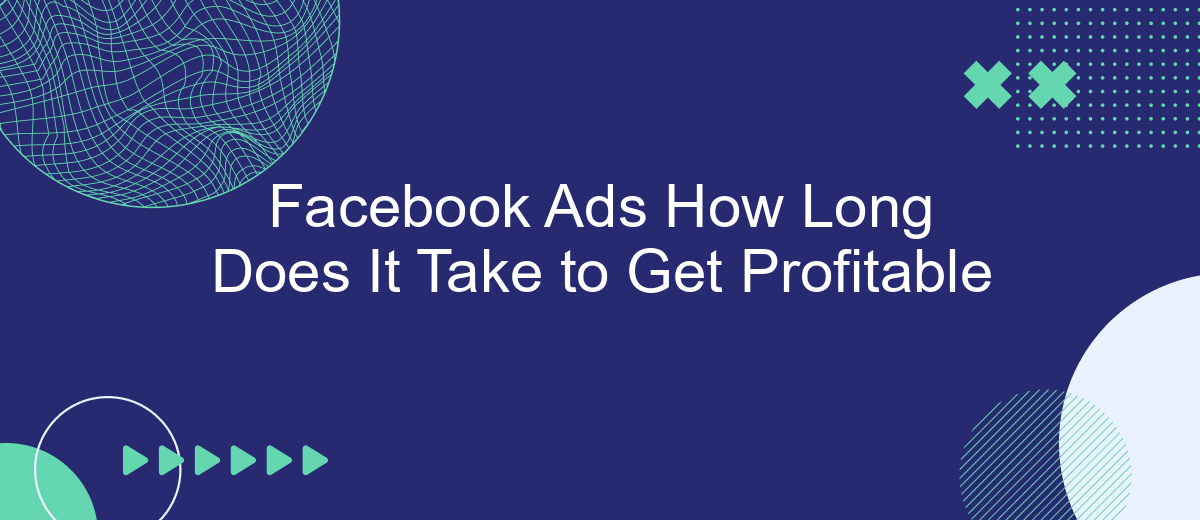Navigating the world of Facebook Ads can be both exciting and challenging for businesses aiming to boost their online presence. One of the most pressing questions marketers face is: "How long does it take to achieve profitability?" This article delves into the factors that influence the timeline for Facebook Ads to become profitable, offering insights and strategies to help you maximize your advertising ROI.
Timeframe to Profitability
The timeframe to profitability for Facebook Ads can vary widely depending on several factors. On average, it may take anywhere from a few weeks to several months to see profitable results. The key is to remain patient and continuously optimize your campaigns. Understanding the nuances of your target audience and adjusting your strategies accordingly will play a significant role in achieving profitability.
- Initial Setup and Learning Phase: 1-2 weeks
- Data Collection and Analysis: 2-4 weeks
- Optimization and Scaling: 1-3 months
It's important to remember that Facebook Ads is not a "set it and forget it" platform. Continuous monitoring and tweaking of your campaigns are essential to achieving and maintaining profitability. Utilize A/B testing, refine your targeting, and keep an eye on key performance indicators (KPIs) to ensure your ads are performing at their best. With persistence and a strategic approach, your Facebook Ads can become a profitable investment.
Factors Affecting Profitability

Several factors influence the profitability of Facebook Ads, starting with the quality of your ad creatives. High-quality visuals and compelling copy can significantly impact user engagement and conversion rates. Additionally, audience targeting plays a crucial role; reaching the right people who are interested in your product or service can drastically improve your return on investment. It’s essential to continually test and refine your targeting parameters to ensure you are hitting the most responsive audience segments.
Another important factor is the optimization of your ad campaigns. Regularly monitoring performance metrics and making necessary adjustments can help in maximizing profitability. Tools like SaveMyLeads can streamline this process by automating lead integrations, ensuring that you capture and nurture leads efficiently. Finally, budget allocation and bid strategies also affect profitability. It’s important to allocate your budget wisely and experiment with different bidding strategies to find the most cost-effective approach. By considering these factors, you can enhance the profitability of your Facebook Ads over time.
Optimization Strategies

Optimizing your Facebook Ads campaign is crucial for achieving profitability. By implementing effective strategies, you can enhance your ad performance and maximize returns on your investment. Here are some key optimization strategies to consider:
- Target Audience Refinement: Use Facebook's advanced targeting options to narrow down your audience based on demographics, interests, and behaviors.
- Ad Creative Testing: Continuously test different ad creatives, including images, videos, and copy, to determine which combinations yield the best results.
- Budget Allocation: Allocate your budget strategically by focusing on high-performing ads and pausing underperforming ones.
- Conversion Tracking: Implement Facebook Pixel to track conversions and gather data on user interactions, which can inform future ad optimizations.
- Lookalike Audiences: Create Lookalike Audiences based on your best customers to reach new, highly relevant users.
By consistently applying these optimization strategies, you can improve your Facebook Ads performance and move closer to achieving profitability. Regularly monitor your campaign metrics and make data-driven adjustments to stay ahead of the competition and maximize your advertising ROI.
Tracking and Measurement

Tracking and measuring the performance of your Facebook Ads is crucial for determining their profitability. Without proper tracking, you won't know which ads are driving results and which are not, making it difficult to optimize your campaigns effectively.
To start, ensure you have Facebook Pixel installed on your website. This small piece of code allows you to track user actions and conversions, providing valuable data for your ad performance. Additionally, use Facebook's built-in analytics tools to monitor key metrics such as click-through rate (CTR), cost per click (CPC), and return on ad spend (ROAS).
- Set up Facebook Pixel on your website
- Monitor key metrics like CTR, CPC, and ROAS
- Use custom conversions to track specific actions
- Regularly analyze and adjust your ad strategies
By consistently tracking and measuring your Facebook Ads, you can make informed decisions that enhance your campaign's effectiveness. This ongoing process of analysis and adjustment is essential for achieving and maintaining profitability in your advertising efforts.


Patience and Persistence
Success with Facebook Ads doesn't happen overnight. It requires a great deal of patience and persistence. Initially, you may find that your ads are not yielding the desired results. This is a normal part of the learning curve. It's essential to continuously monitor your campaigns, analyze the data, and make necessary adjustments. Over time, you'll gain insights into what works best for your audience, allowing you to refine your strategies and improve your ROI.
Moreover, integrating your Facebook Ads with other tools and platforms can significantly enhance your results. Services like SaveMyLeads can automate the lead generation process, ensuring that you capture and manage leads efficiently. By streamlining these processes, you can focus more on optimizing your ad campaigns rather than getting bogged down in manual tasks. Remember, persistence in testing and refining your approach, combined with smart integrations, is key to achieving profitability with Facebook Ads.
FAQ
How long does it take for Facebook Ads to become profitable?
What factors influence the profitability of Facebook Ads?
How can I optimize my Facebook Ads for better profitability?
Is it necessary to use automation tools to manage Facebook Ads?
How do I measure the profitability of my Facebook Ads?
What do you do with the data you get from Facebook lead forms? Do you send them to the manager, add them to mailing services, transfer them to the CRM system, use them to implement feedback? Automate all of these processes with the SaveMyLeads online connector. Create integrations so that new Facebook leads are automatically transferred to instant messengers, mailing services, task managers and other tools. Save yourself and your company's employees from routine work.
